Known as African lady
By Hussaini Garba Mohammed, who was in Heidelberg – Germany
Attending different International conferences is a common experience for many young scientists. Researchers can broaden their scientific expertise, discuss new ideas, and create meaningful relationships and collaborations by connecting more opportunities abroad, than staying in their own country to contribute more for the scientific ideas.
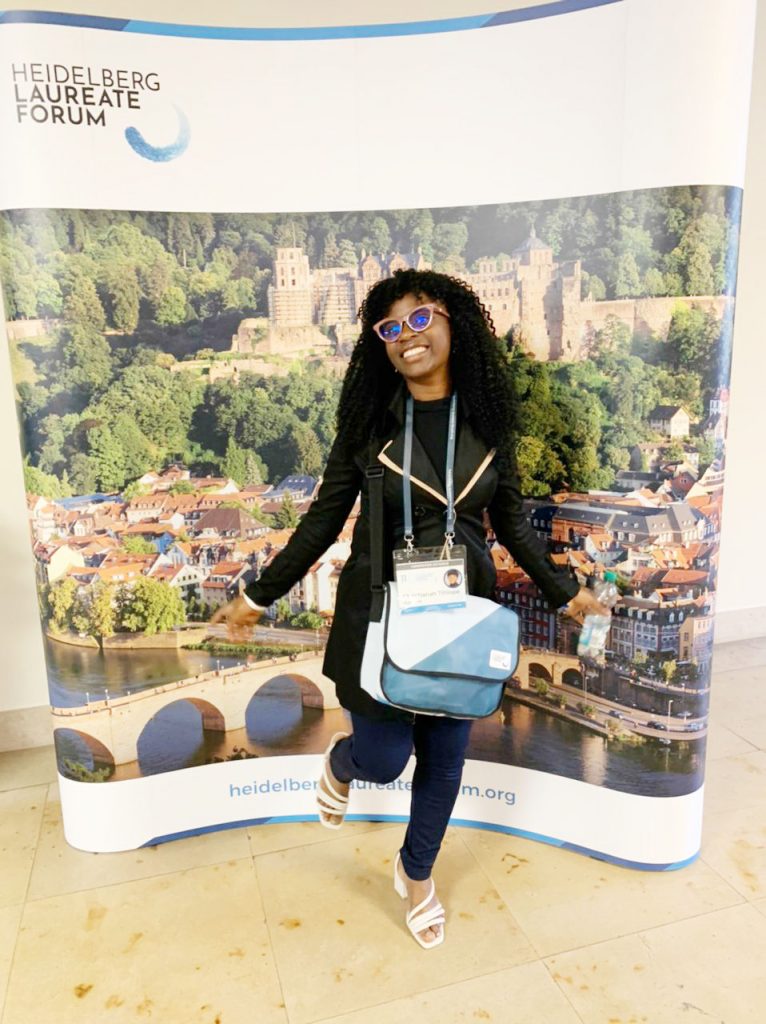
Christiana, she was popularly known as African lady, after attending the 9th HLF forum in 2022, opened her opportunity to get a scholarship to continue her study in Morocco for her Phd at the Mohammed VI Polytechnic University, a Moroccan non-profit private research university. She was once HLF young researcher shortlisted in 2022 and now at the HLF2024, her research work leveraging on AI which focuses on market prediction with pieces of evidence or against the prediction using Large Language Models (LLMs). In an exclusive interview she exposes how she won the heart of the organizing committee to be selected twice.
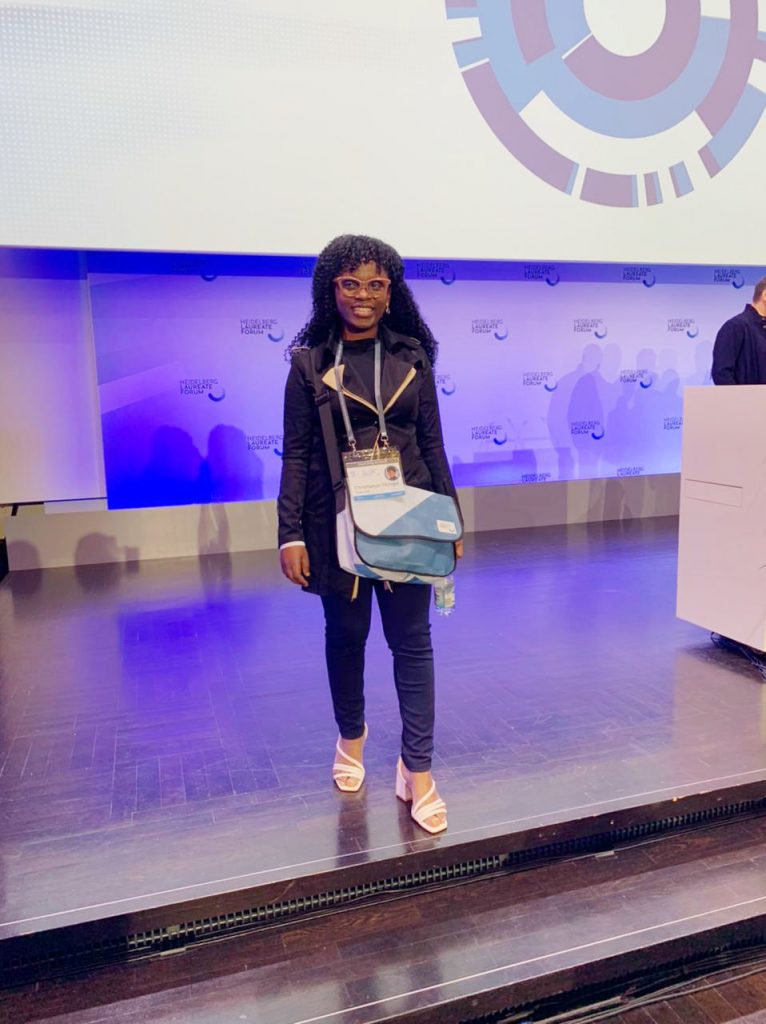
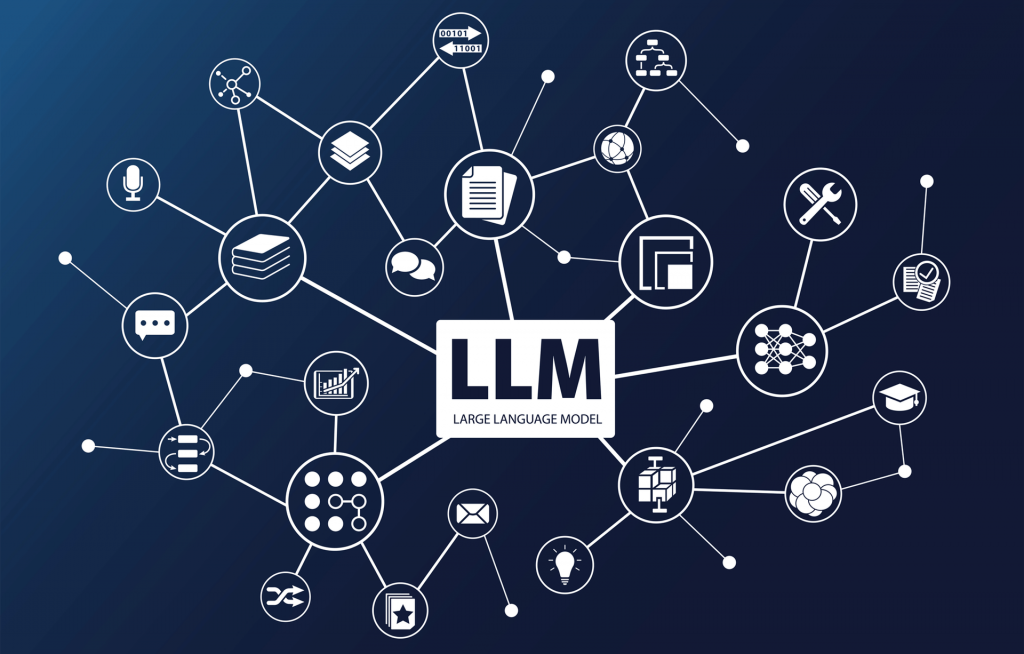
Q: There is an extensive list of texts on your profile in the HLF booklet which I encourage everyone to read. What do you think is the most important piece of advice on your achievement for young scientists across the globe, especially in your country?
As someone who is very analytical by learning from experienced people and making my decisions using that in addition to my personal innovative thought, my advice is to, in all, learn from the elders but stay firm on your inner and innovative perception.
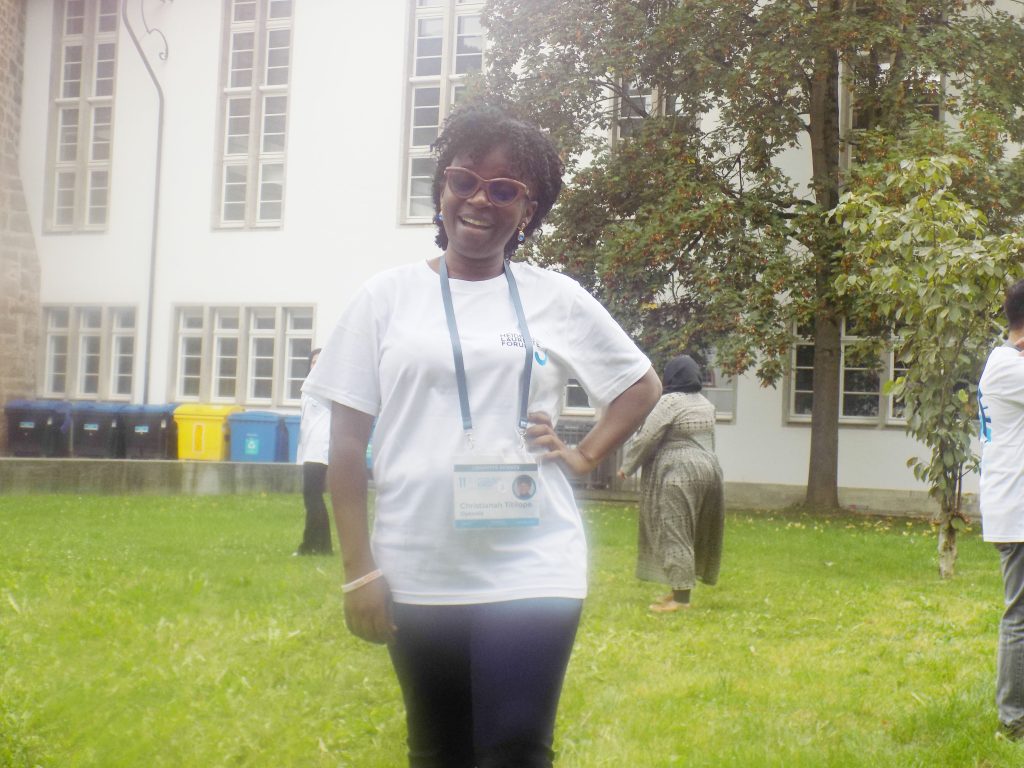
Q: As a 2nd time HLF young researcher shortlisted twice, to be at Heidelberg – Germany, it’s hard not to notice how talented you are. You seem to get an amazing amount of work done. How many hours a day do you spend thinking and adding more value to your research as opposed to other things?
Waoh, I love this question. My entire body and soul are for learning; I stay true to people, environment and anything that will make me learn, irrespective of the limiting conditions. I have a balanced lifestyle, but I must see something to learn or improve on in all fun. So, in short, my 24 hours are dedicated to learning, thinking innovatively and taking action.
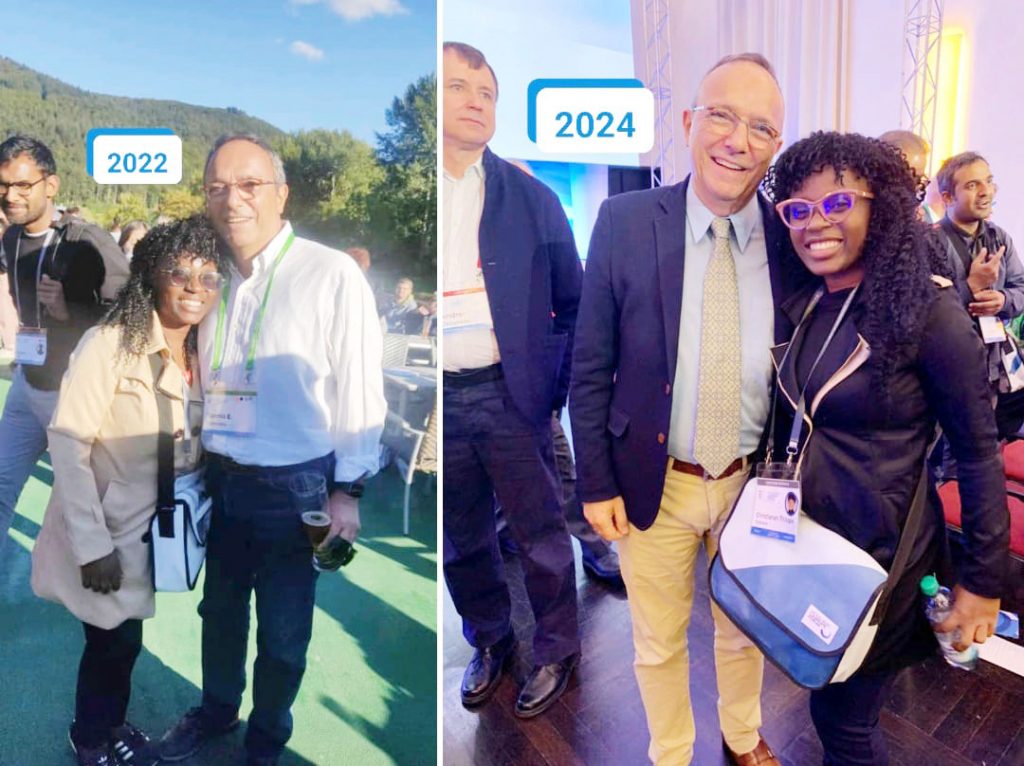
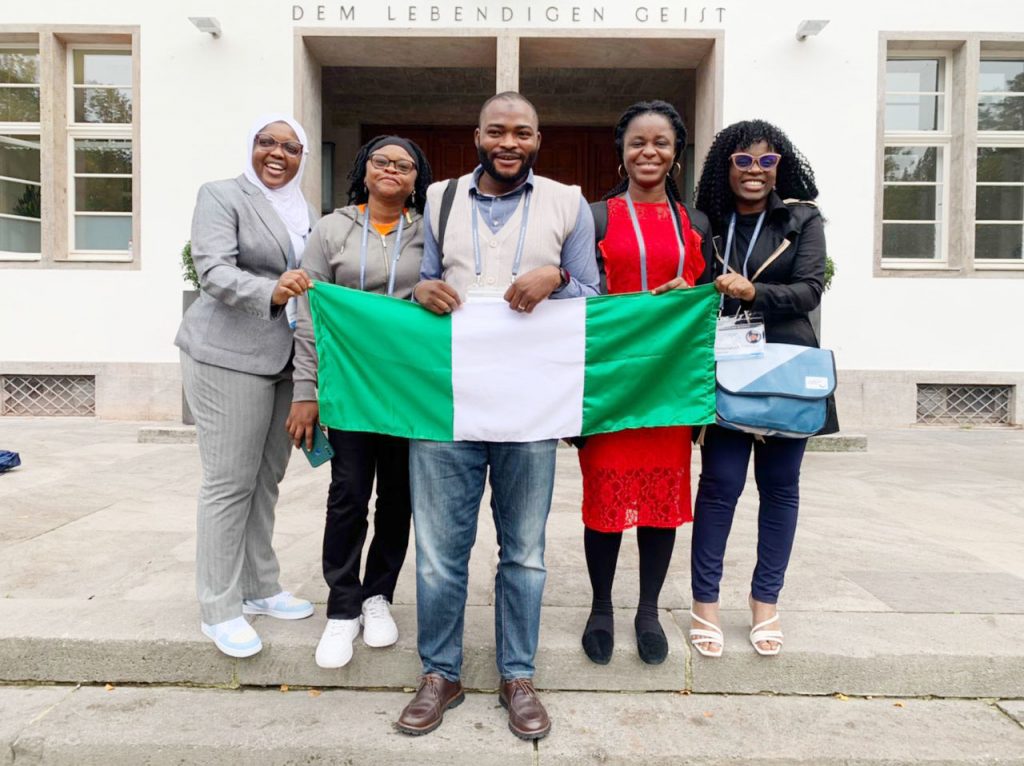
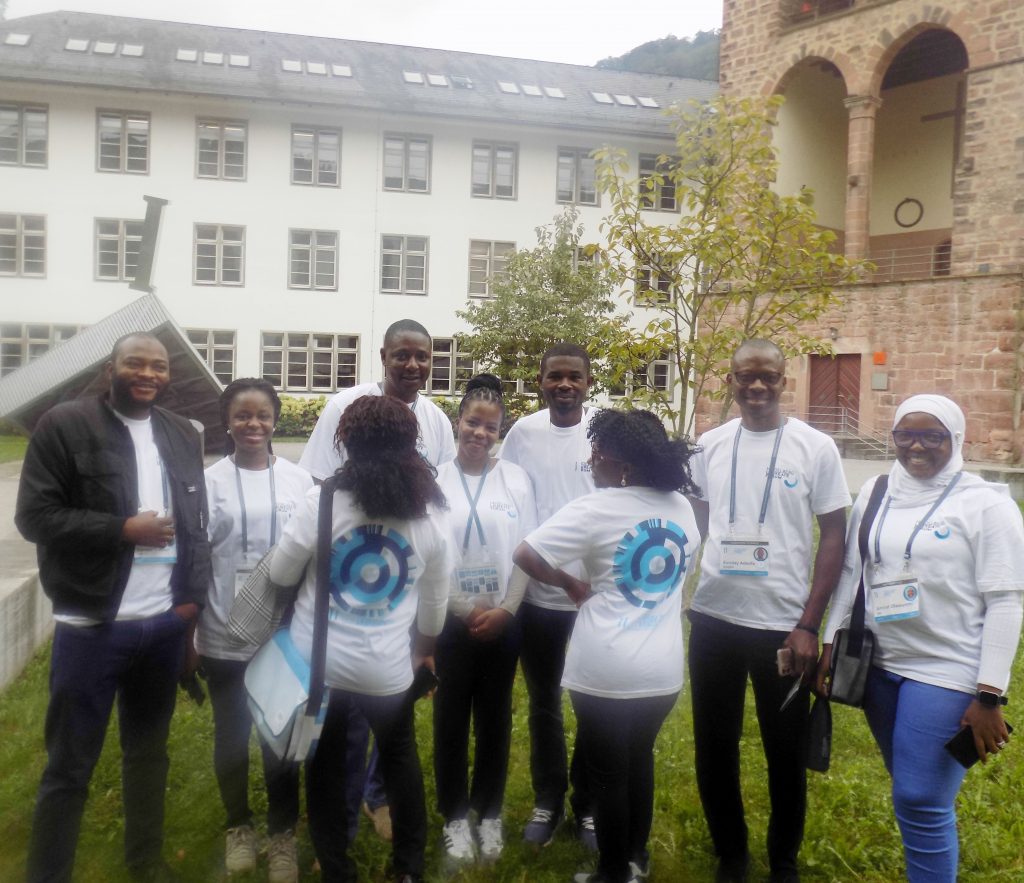
Q: Do you think new research work is a helpful skill for scientists? If so, why do you think they are the most helpful for young researchers?
New research work is a new way to discover new skills and information and also a way to contribute to the body of research, so it is greatly helpful to get into new research work in Science so as to lead to huge new discoveries.
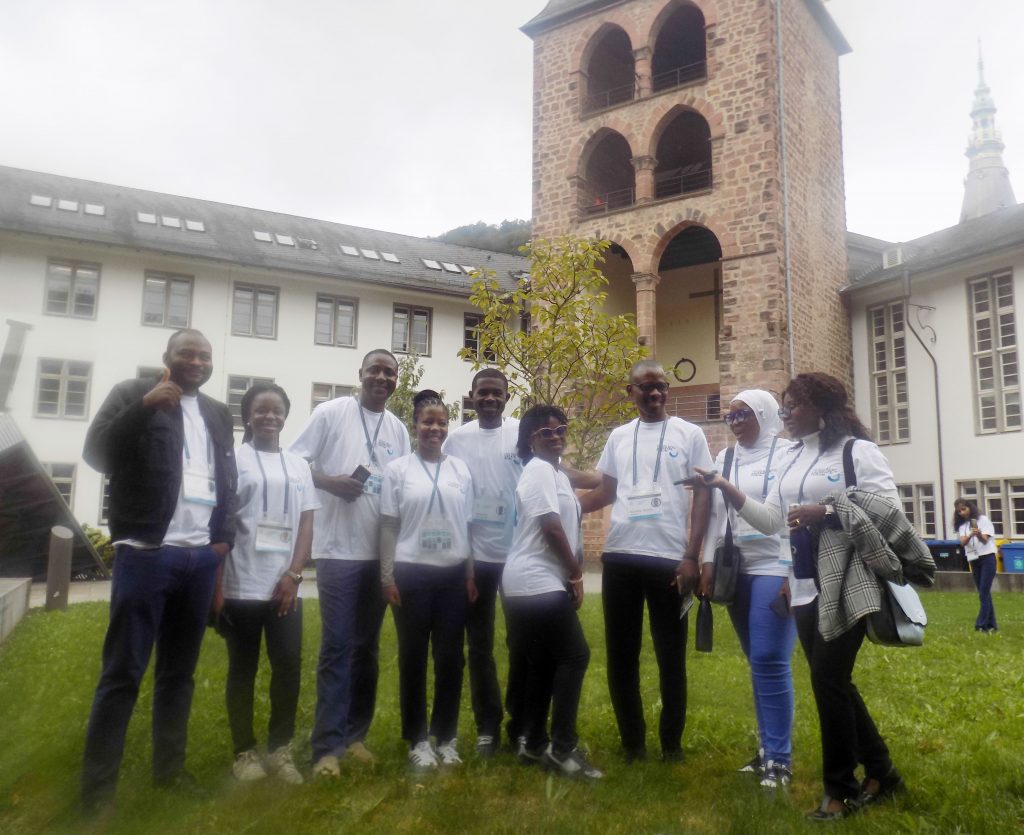
Q: You have collaborators in several fields. What is the most important element to having a successful young science collaborator, especially between different fields, different countries and from different universities?
What is important is to be emotionally and culturally intelligent, be aware that we all have different states (mind, thoughts, etc) and be more interested in making others happy and be less selfish.
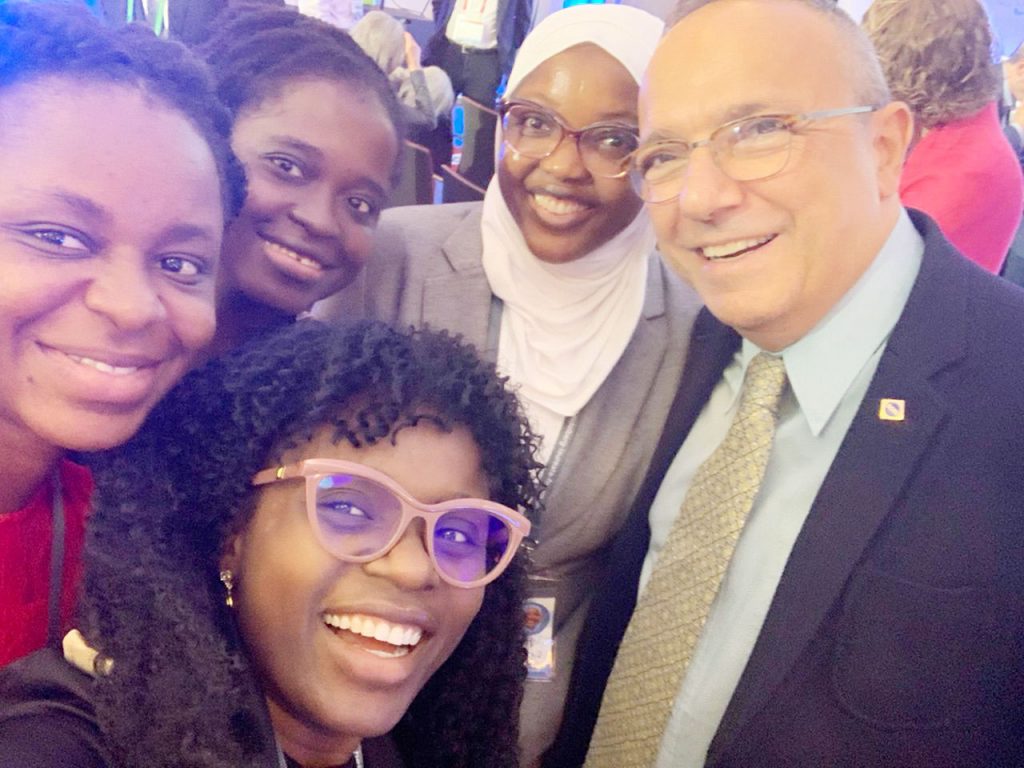
Q: During my research work as a science journalist, I once came across one quote from a professor, once said that a big part of all science thinkers is frustration management. How do you manage your frustration?
Interesting question; I usually manage frustration by avoiding quick responses. I take a break, sleep and rethink before looking for a solution.
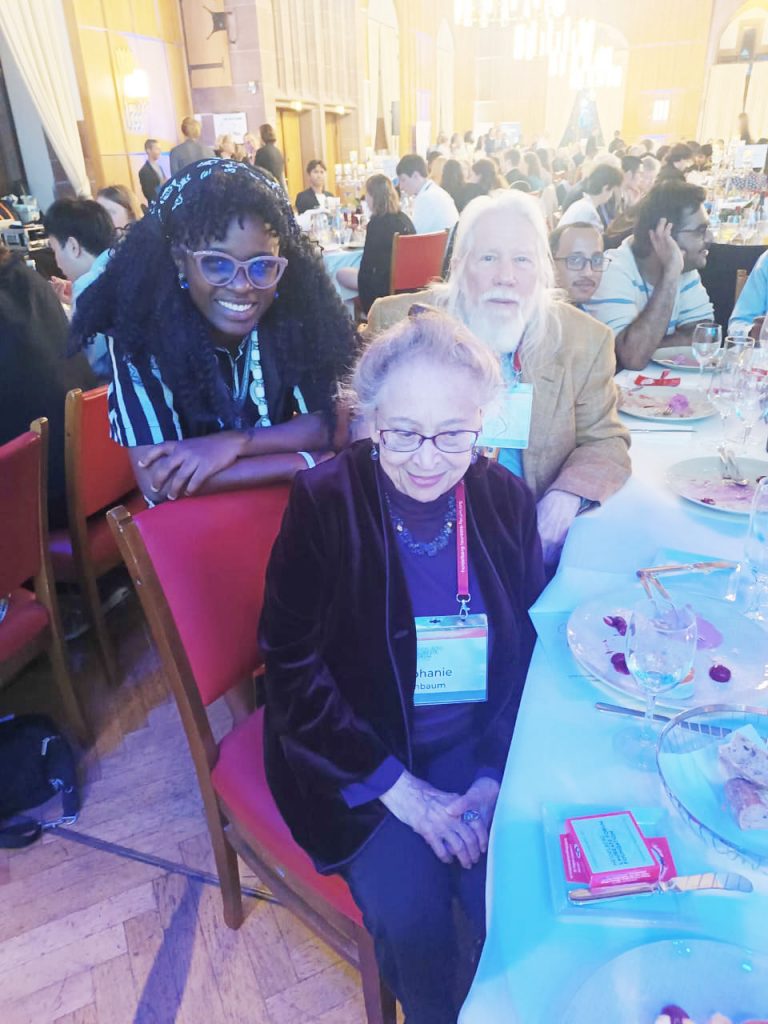
hlf2024 #heidelberg
Author by:
HUSSAINI GARBA MOHAMMED, FIIM, MCIA, mips, MBA, DoE, Fellow African Investigative Journalism Conference (AIJC-2020), Berlin Energy Transition Dialogue Media Fellow (BETD), Associate Member, Nigeria Union of Journalist (NUJ), PIJ – Fellow- Netherlands